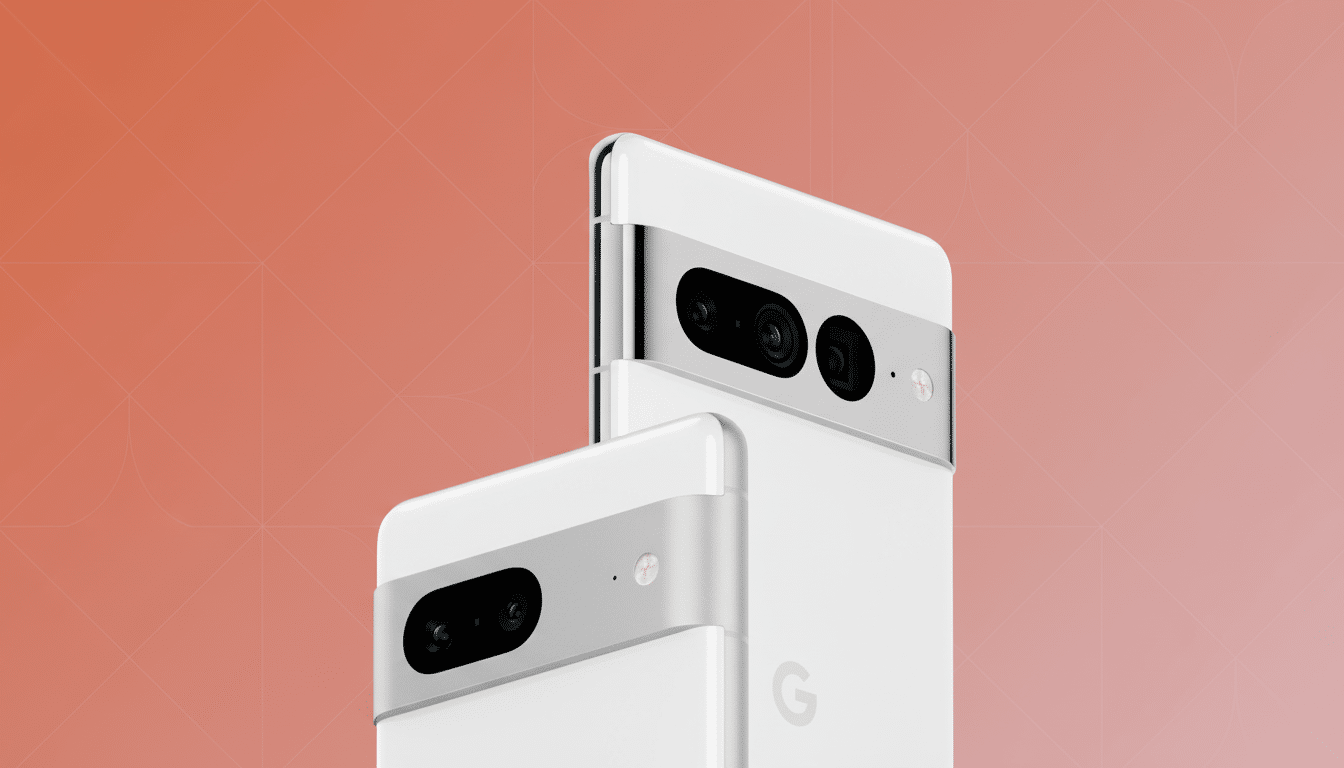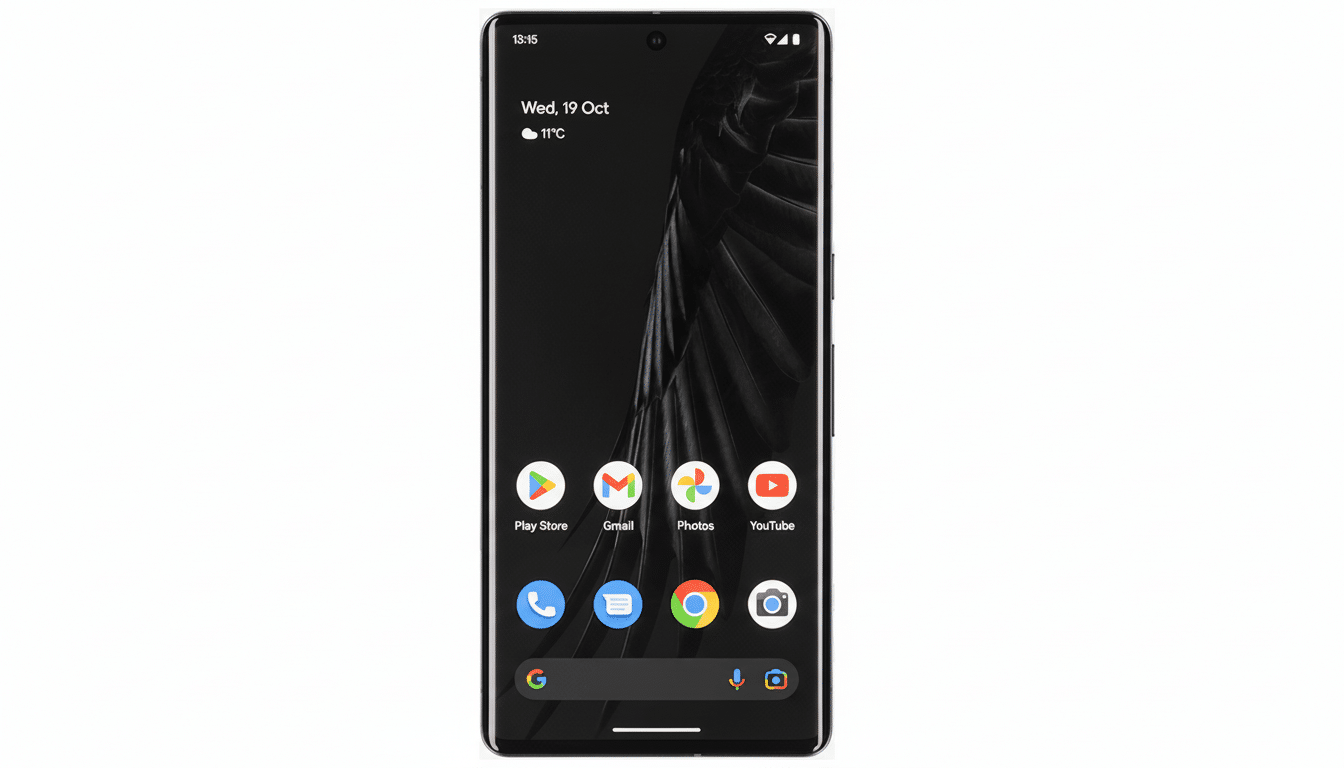Pixel 7 and Pixel 7 Pro owners are facing a growing challenge being presented with swollen batteries have worsened, lifting fresh safety questions about Google’s latest generation flagship. Although the company has not publicly confirmed any issue, user reports have since exploded across community forums and appear to affect primarily larger Pixel 7 Pro devices.
What owners are reporting
Threads on Google’s support forum detail phones growing a sudden gap along the side rails or between display and back glass not unlike the classic symptoms of battery cell expansion. Independent tracking from outlets such as Piunikaweb and Android Authority also point to a cluster of similar complaints for the last few months, with an apparent bias towards the Pixel 7 Pro. In a number of instances, users said support agents were helpful, but the end result was different depending on whether devices were replaced or fixed.

Crucially, the reports examined thus far have involved swelling and enclosure separation, not thermal runaway or fires. That doesn’t mean the situation is benign: a swollen lithium‑ion cell can become further inflamed if more stressed by heat, pressure or charging.
How dangerous is it for a battery to swell?
Swelling normally arise due to the gas release inside a lithium‑ion pouch cell, commonly associated with the decomposition of electrolyte following ageing, deep cycling or heat. Safety organizations, such as the US Consumer Product Safety Commission, always recommend to stop using it if there is any deformation. Both UL and IEEE battery safety standards also emphasize that mechanical deformation and heat exposure are risk factors that may occur before venting or failure.
If your phone has a raised back glass, an increasing gap in the frame or it rocks on a flat surface power down the device unplug it from any charger and refrain from pushing the panel back into place.
Keep it in a cool, noncombustible place and use service under guided. Never try to charge a visibly bloated device.
Why this is happening
Pixel 7‑series phones have a water protection rating of IP68 under IEC standard 60529. Military-Grade Protection: Do not attempt to change the phone’s design or construction because it has been device tested to remain waterproof when you assemble your phone according to the instructions, including all seals and gaskets.
That configuration is constricting, so if a cell swells, the rear panel can be pushed open. Factors can include cell aging, high ambient temperatures, fast‑charge heat cycles and differences among battery suppliers. Thermal hotspots around the SoC or radio chain can also exacerbate stress during heavy use. None of these constitute proof positive of a root cause but they map on to known patterns in lithium‑ion wear.

Or it could be a small batch of bad cells that only become defective after hundreds of cycles. Traditionally, manufacturers have watched field return rates and supplier quality data to catch those outliers; a broader service program can then ensue if thresholds are surpassed.
The broader Pixel battery picture
Google has already had battery issues across several models this year, with the Pixel 6a and Pixel 7a having received the most serious reports, including isolated fire incidents reported by owners. In response, Google has forced an OTA update to every Pixel 6a and made the battery extremely conservative: sacrificing a portion of capacity and the charging time against thermal risk. For the Pixel 7 and 7 Pro, the current gripes are around bulging batteries and enclosure integrity; there have been no confirmed fires in these cases.
What to do if your data is affected
Where the back panel and frame meetTake a look at the seams between your phone’s case and the screen.
Back panels do not align correctlyAlways check to make sure they do before you buy; look at them in good light, if possible.
Find a tiny lip on the side rails, misalignment of camera bar, havoc bow. If there are any changes, stop charging and power off. Message Google support or authorised repairer for an evaluation and new battery. Do not attempt to sit on the panel or use clamps,pressure can break the cell or hurt pouch.
Before sending a device in for service (if safe to power), please back up your data and remove SIM, accessories. If you are out of the warranty window, request a courtesy repair, especially for a device with visibly clear swelling; some customers report positive results and affected by areas and case history.
What to watch next
Among the key signals to watch out for are an official recognition from Google, a software mitigation specific to affected handsets (e.g., limits on quick charging) and/or a repair program if there is evidence that one batch of parts may be impacted. Regulatory agencies like the C.P.S.C. monitor safety notices and recalls; if incident data increases, a wider response could be considered. In the meantime, it seems as if swelling is an isolated but still notable phenomenon with older Pixel 7-series devices – one that’s worth a proactive peek and quick service at the first sign of any symptoms.

